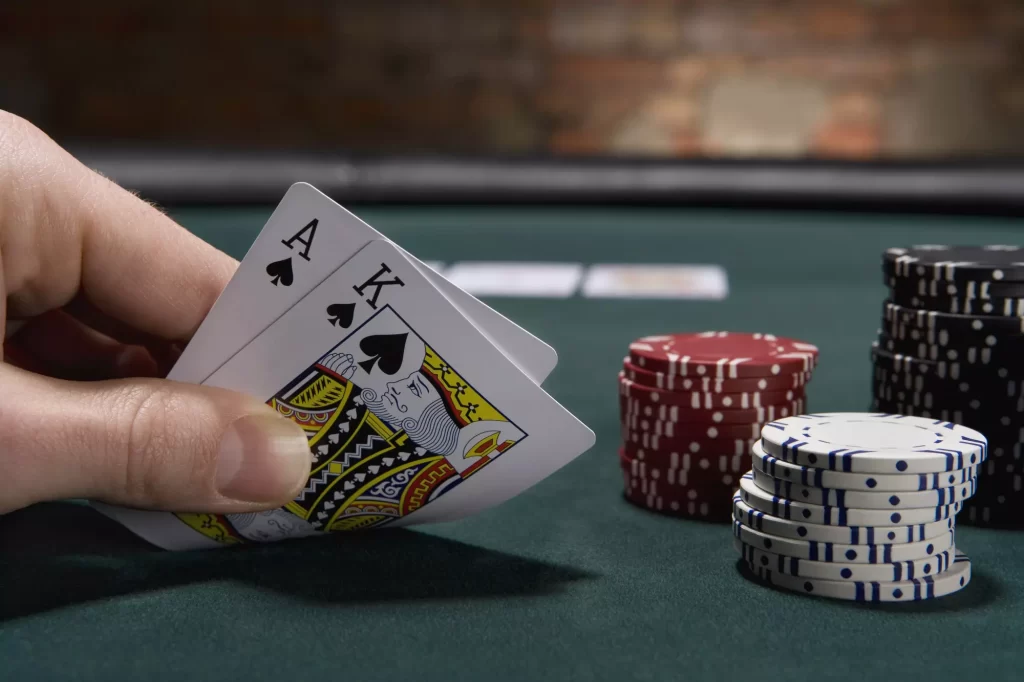How Do Cognitive Biases Impact Poker Decision-Making?
3 min read
Cognitive biases have an enormous influence on poker decision-making in various forms. Some effects may be subtler while others more profound; understanding them will help prevent you from making irrational choices that could cost money at the table.
One common cognitive bias is negativity bias, in which players overemphasize avoiding losses while deemphasizing potential gains. Another commonly employed cognitive bias is availability heuristic; people tend to overemphasize what’s easy for them to remember.
Loss aversion
Loss aversion is a cognitive bias that leads people to prefer avoiding losses over gaining equivalent gains, especially when faced with uncertainty. Behavioral scientists have identified several forms of loss aversion such as the sunk cost fallacy, anchoring effect and endowment effect – each having the potential for leading them down the wrong path and leading them towards decisions such as playing poker with negative expected value (EV).
One way to combat loss aversion is to consciously assess risks and rewards before making decisions, helping you make more logical choices without succumbing to status quo bias.
Another approach is using functional magnetic resonance imaging (fMRI) to investigate the neural underpinnings of human biases such as herding behavior or overconfidence. This can provide valuable insight into complex human decision-making under uncertainty as well as other types of human biases like herding behavior and overconfidence.
Confirmation bias
This bias leads players to place too much importance on information that reinforces their expectations and beliefs, leading them to overemphasize hand histories, opponent behavior, and causes that confirm these assumptions as the primary reason for wins or losses. As this can undermine learning experiences and make adapting difficult, it’s crucial that players recognize these biases and actively try to overcome them – one way of doing this would be participating in peer study groups for impartial criticism as well as challenging their current logic against different points of view.
Poker players may be susceptible to the Dunning-Kruger effect, which makes them believe their early success was the result of skill rather than luck. To combat this effect, poker players should keep detailed records of their plays and outcomes as they regularly review these to make sure that certain hands do not occur too frequently or attribute wins/losses to specific dealers/events instead making their decisions based on logic probabilities.
Survivorship bias
Survivorship bias is a form of selection bias in which those who have succeeded, or survivors, are evaluated disproportionately and this leads to an inaccurate estimation of probability. For instance, if half the lottery winners drive red cars you might assume this increases your odds. A gym that consistently celebrates its winners might tempt some players to copy their strategies as well.
Recency bias is another cognitive bias that can negatively influence poker decision-making. For example, when losing four consecutive flips with AKs and feeling lucky each time may lead you to believe it’s your time for luck; overplaying hands that are unprofitable could occur as a result; conversely this bias could work against you by discouraging riskier investments altogether; one solution to address this problem would be using Chi-squared tests with one year ranking and evaluation periods to evaluate new strategies more reliably.
Dunning-Kruger effect
The Dunning-Kruger effect is a cognitive bias in which those with limited skill or knowledge in an area tend to overestimate their own capabilities. First documented by psychologists David Dunning and Justin Kruger in 1999, participants who scored within the bottom quartile in humor, grammar, and logic tests showed an exaggerated overestimation while those in higher quartiles underestimated it significantly.
Researchers theorize that this may be because people with limited experience are unaware of all of the complexities that lie within their activities, like poker. At first glance, its seemingly straightforward structure may give newcomers the false sense that they know everything there is about this ancient card game, only for them to be surprised to find its stunning complexity after years of study.
The Dunning-Kruger effect can have serious long-term repercussions in professions that demand expertise and knowledge, such as medicine. For example, healthcare providers making incorrect diagnoses or treatment recommendations, with potentially life-threatening repercussions for patients. To mitigate such consequences, it’s important to recognize one’s limitations as well as accept feedback and constructive criticism in order to stay competitive and remain successful in your career path.




